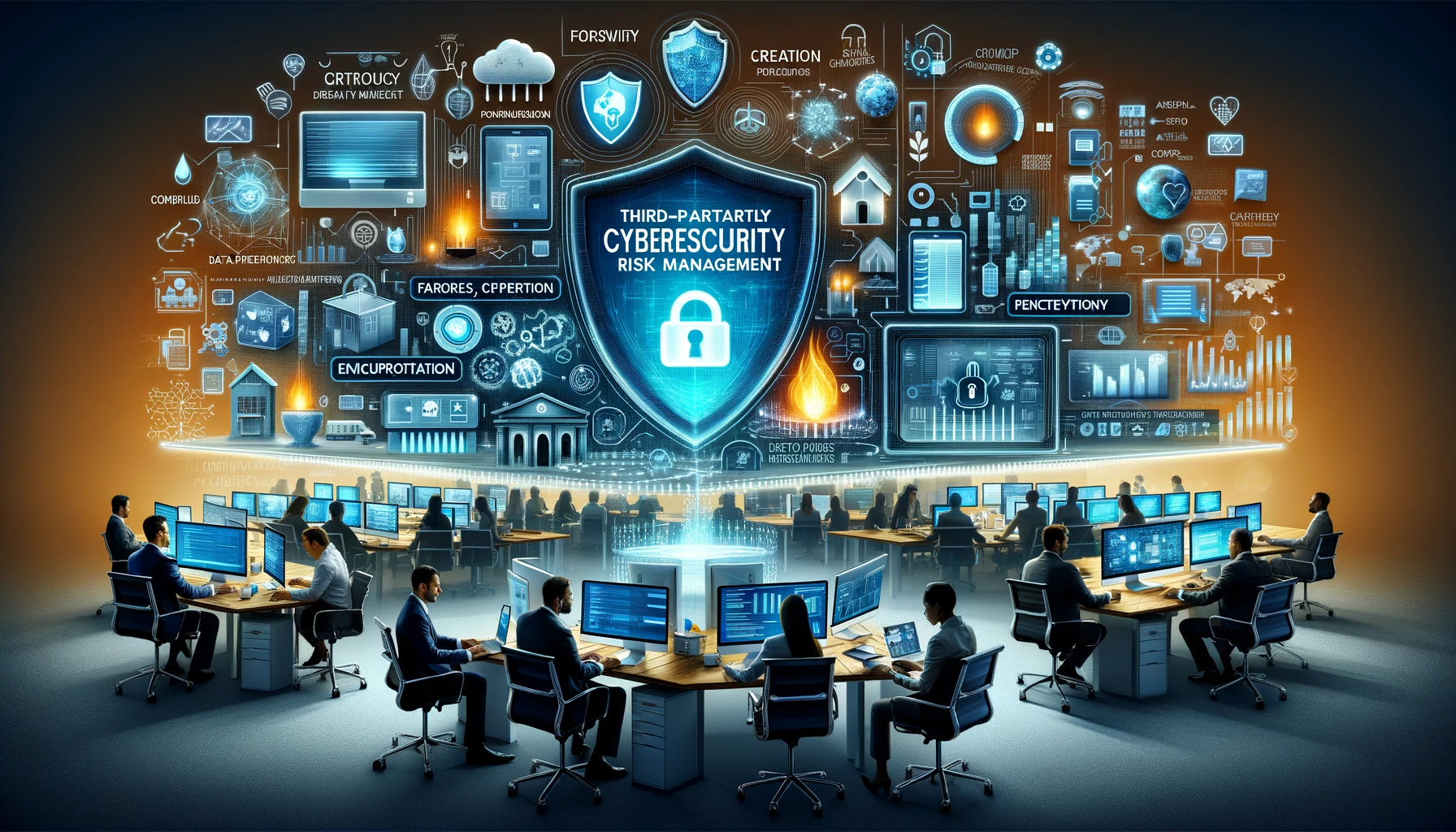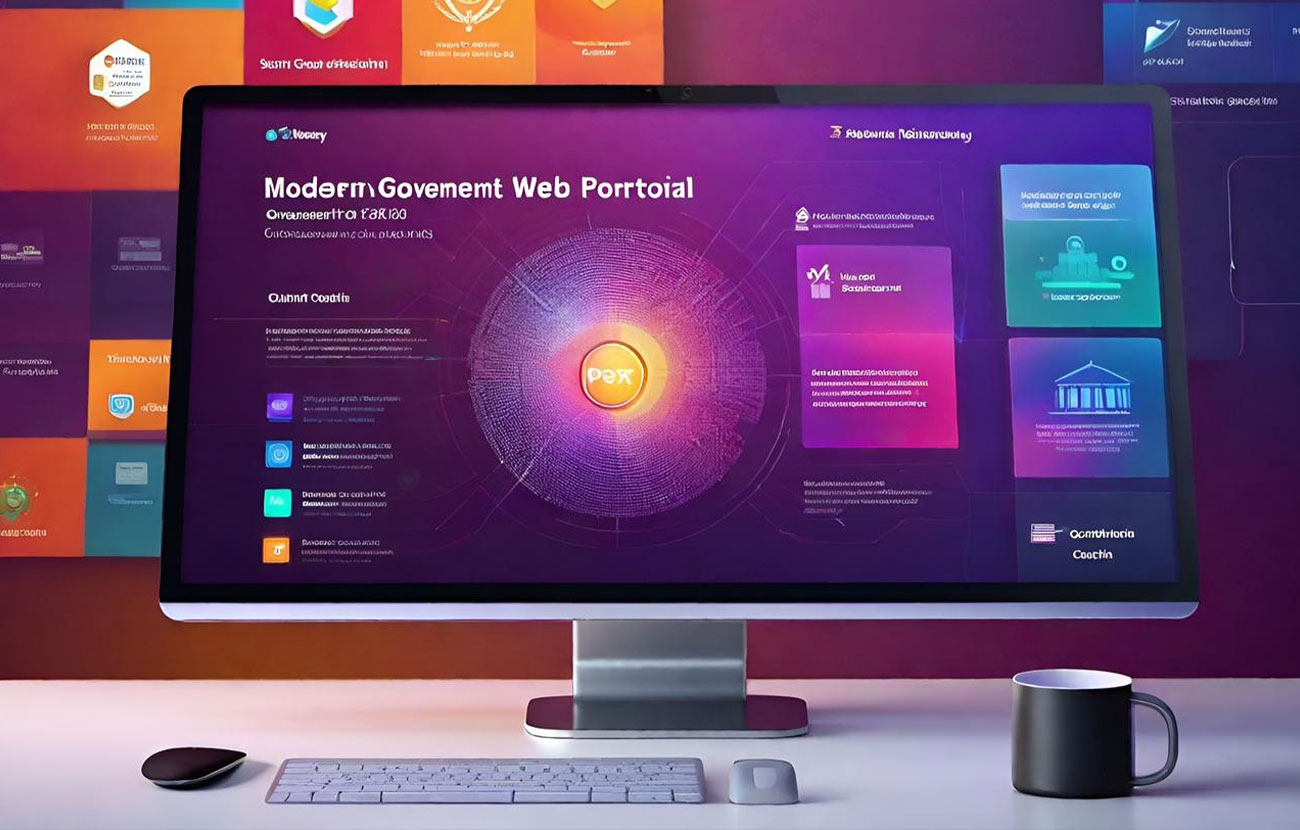Understanding the Role of Cybersecurity in Government Operations

In today’s interconnected world, the digital frontier plays a pivotal role in how governments function, communicate, and serve their citizens. As the internet and digital technologies continue to reshape our society, the need for robust cybersecurity within government operations has never been more pronounced. This post delves into why cybersecurity is fundamental to the modern government and the challenges and opportunities it presents.
The Rising Threat Landscape
Government agencies, irrespective of their size or jurisdiction, have become prime targets for cyber adversaries. From nation-state actors aiming to gain geopolitical advantages to cybercriminals looking for financial gains, the threats are manifold. In recent years, we’ve witnessed a surge in cyber-attacks targeting public sector entities, ranging from ransomware attacks crippling city operations to sophisticated phishing campaigns targeting sensitive data.
Why Government Operations are Vulnerable
There are several reasons why government operations might appear lucrative to cyber adversaries:
- Vast Reservoirs of Data: Governments hold vast amounts of personal, financial, and sensitive data about their citizens, businesses, and operations. A breach can lead to significant damage, both in terms of financial loss and public trust erosion.
- Legacy Systems: Many government departments still rely on outdated IT systems that were not designed with modern security threats in mind. This makes them easy prey for attackers.
- Interconnectedness: With the push towards digital transformation, more services are being integrated online. While this offers enhanced accessibility and efficiency, it also broadens the attack surface.
Steps Towards a More Secure Future
While the challenges are evident, there are several proactive measures governments can adopt to bolster their cybersecurity posture:
- Regular Training: Human error remains one of the most common cybersecurity vulnerabilities. Regular employee training can help mitigate risks related to unintentional data leaks, weak passwords, or falling for phishing scams.
- Investment in Modern Infrastructure: Upgrading legacy systems and ensuring that IT infrastructure meets current security standards is vital.
- Incident Response Planning: It’s not just about preventing cyber attacks but also about how to respond when one occurs. A robust incident response plan can make the difference between a manageable incident and a full-blown crisis.
- Collaboration with Private Sector: Governments can benefit significantly by collaborating with private cybersecurity firms. Leveraging their expertise and innovative solutions can lead to a more secure digital environment.
Conclusion
As technology continues to advance, so do the threats that come with it. While government agencies face an uphill battle in staying ahead of cyber adversaries, with the right investments in training, technology, and partnerships, they can significantly enhance their defense mechanisms. It’s not just about protection but preserving the trust citizens place in their governments to safeguard their data and uphold their privacy. In this digital era, cybersecurity is not just an IT concern; it’s fundamental to the very fabric of modern governance.




